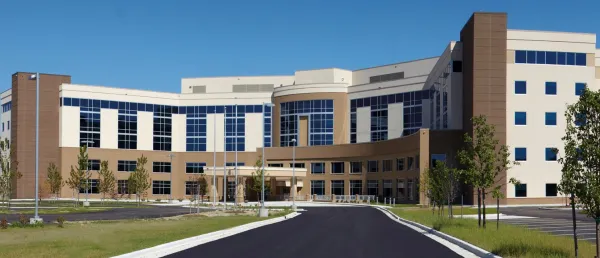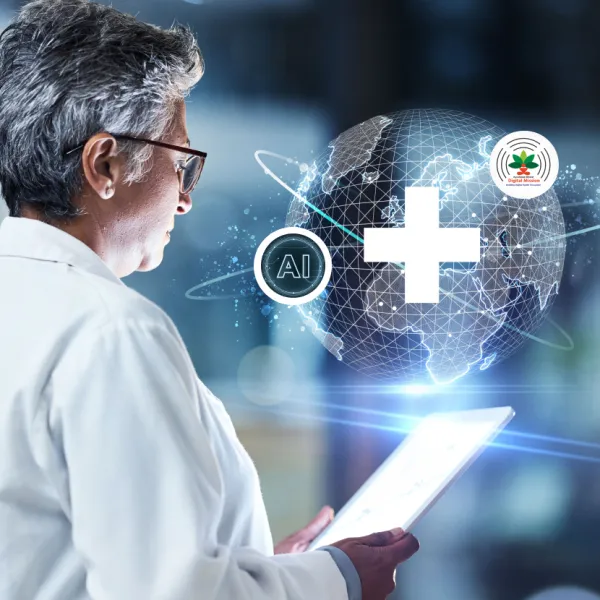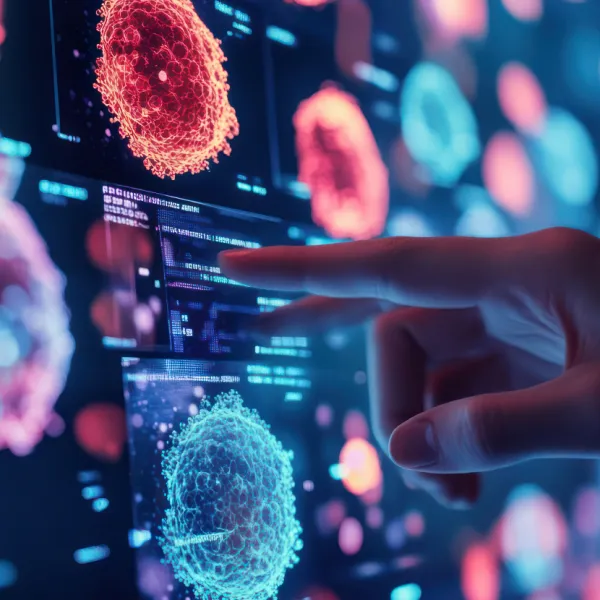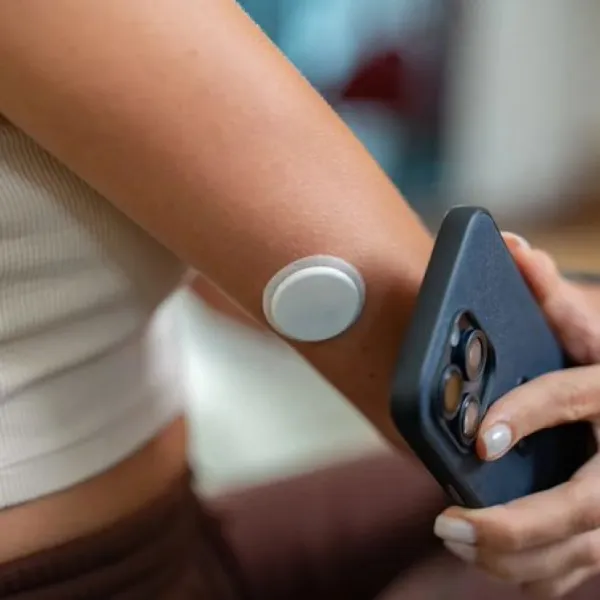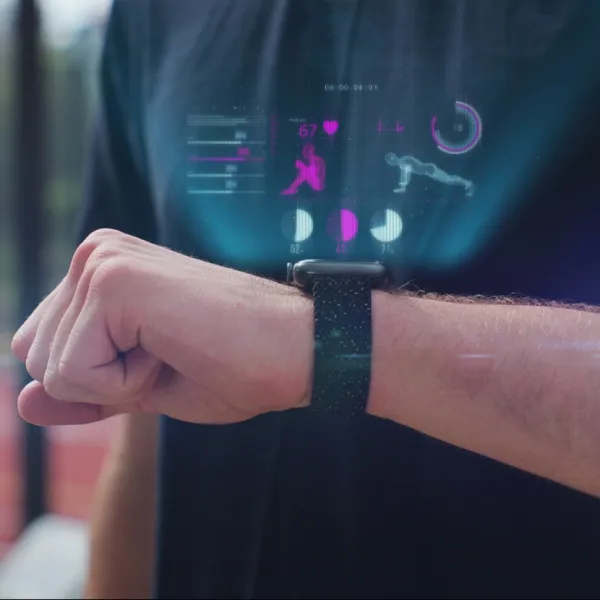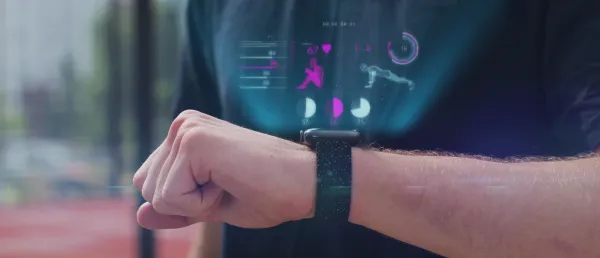India Taps Space Research for Pharma, Lifesciences Innovation

India uses space research to boost drug development and organ biofabrication, with experts noting its healthcare potential.
India is strengthening its foothold at the intersection of space research and healthcare innovation, with experts highlighting its growing role in shaping the future of pharmaceutical and biomedical science.
At a recent webinar hosted by the Indian Pharmaceutical Alliance, titled ‘Orbiting Innovation: How Space Research is Transforming Global Health’, researchers, industry leaders, and policymakers discussed how space environments can fast-track drug development and advance biomedical research.
Microgravity-driven innovation
Dr Shridhar Narayanan, senior technical advisor for Innovation, Indian Pharmaceutical Alliance, and CEO, Foundation for Neglected Disease Research, said India is positioned at a critical convergence of biotechnology and space sciences. “From protein crystallization in microgravity to understanding disease mechanisms in extreme conditions, space-based research is beginning to shape the future of healthcare,” he said.
Highlighting the scientific benefits, he noted that space’s unique environment enables accelerated pharmaceutical innovation, IP creation, improved biologic formulations due to altered crystal structures, faster cell growth for aging research, and enhanced 3D organ printing due to isolated cell behavior in microgravity.
Space: A testing ground for therapies
Dr Adeel Nasir, SpaceBorn United, said space research opens new avenues in diagnostics and therapeutics. “Space technologies will not only help humans colonize space but also tackle health challenges on Earth,” he said, citing studies on bacterial resistance in space stations.
He also spoke of emerging technologies such as holographic medical assistance for astronauts. “One recent concept involves transporting holographic medical doctors to space stations to keep astronauts more connected,” he noted.
He further pointed to a NASA-based study evaluating a radio-protective diabetes drug and the analysis of Ketrida, a monoclonal antibody, on the International Space Station. He added that biofabrication—organ production in space using stem cells—is another promising frontier.
Antariksh Parichha, CEO, Serendipity Space, said the company is developing small, reusable satellites to process pharmaceuticals in space. “The aim is to accelerate drug development in orbit and bring the products back to Earth. A fully unmanned approach will help control costs, as human missions are expensive,” he stated.
Biology in space
Dr Suresh Poosala, ResearchSat, explained how microgravity aids in regenerative medicine by enhancing cell interaction and organoid formation. He also highlighted the potential for cancer research and development of antibody-drug conjugates in space, along with the role of AI-driven drug discovery in microgravity conditions.
Adding to this, Jibin Jeffrey Dhanaraj, also from ResearchSat, outlined operational aspects such as payload design, launch logistics, and current experiments in protein crystallization, tissue engineering, and gene expression studies in collaboration with pharma companies and research institutions.
Stay tuned for more such updates on Digital Health News








